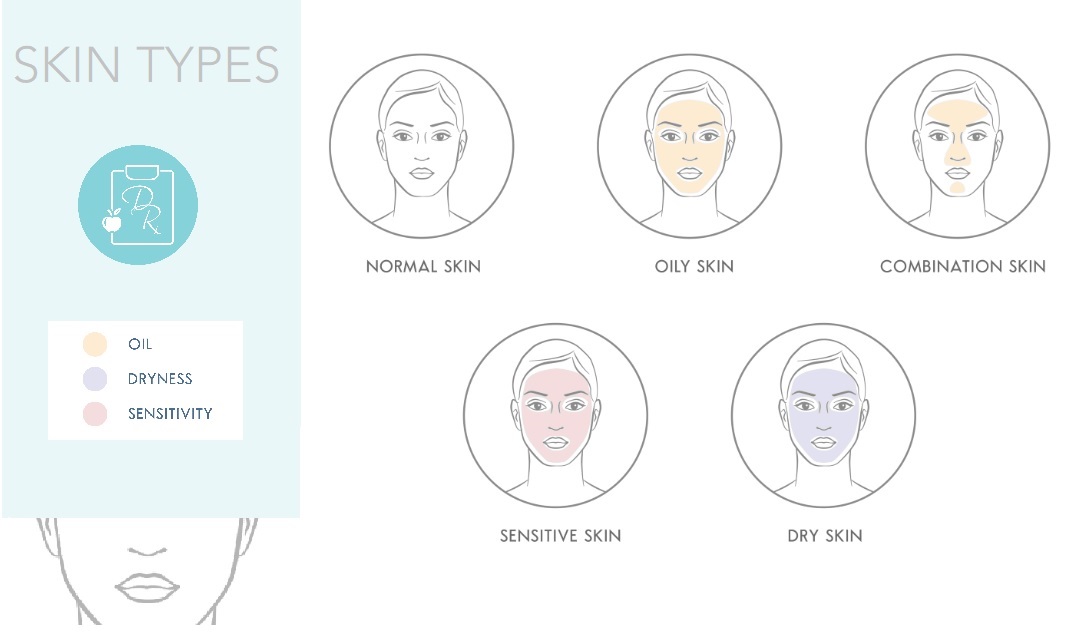Sunscreen Rules

Sunscreen Rules
Sunscreen or being ‘Sunsmart’ is a necessary part of your skin regime if you live in Australia as the UV levels here are very high for most periods of the year.
Unfortunately for sensitive skin types this creates a lot of issues as Sunscreens are generally quite harsh on the skin and this is particularly problematic for skins that react easily to external factors.
Sunscreens can be split into two distinct groups- Chemical and Physical blocks.
Chemical Blocks
The chemical sunscreens tend to be cosmetically elegant- runny consistency, blends into the skin well and doesn’t leave much of a cast. Chemical sunscreens often contain a higher percentage of alcohol and include special chemical ingredients to achieve the desired consistency and mask any unpleasant smells. Unfortunately, these additional ingredients tend to react with sensitive skin. The skin tends to react directly to the sunscreen formulation or the actual chemicals in the sunscreen breakdown when exposed to the sun and then react to the skin. Either way – the end result is irritated skin that can be red, flaky or covered in small itchy bumps.
Physical Blocks
Physical sunscreens can also contain chemicals but the percentage tends to be lower and as a result they are generally thicker in consistency. The zinc-based sunscreens that cricketers use on their nose are probably the most extreme example. Zinc based sunscreens tend to be better on sensitive skin, however because they are so thick people tend to avoid using them or not use enough.
Both Chemical and Physical sunscreens have one thing in common- they tend to form a film on the skin and block pores. The following rules are to minimize reactions or skin issues from sunscreen:
Only wear it when you need to: Only wear a sunscreen when the UV is above 3. Most weather apps have the UV rating on them now. If you are not going to be outdoors during that time, you can get away with a light SPF 15 in your moisturiser or sticking to the shad
Avoid waterproof sunscreens: Only wear waterproof sunscreen when you’re going into the water. Many of the sunscreens available on the market tend to be 4-hour waterproof. The problem with waterproof sunscreens is that they are extra greasy and oily to repel water and hence will clog most pores and irritate skin.
Avoid fragrances: Stick with formulations that are fragrance free
Wash it off properly: Wash your face twice in the evening to get rid of all excess residue
Covering up is preferable: Physical Cover is always better than a sunscreen as most people do not reapply it enough. If you fall into this category, wear hats, sunglasses and full sleeve tops for summer.


